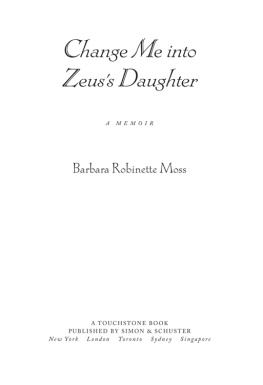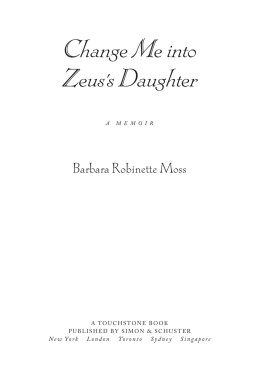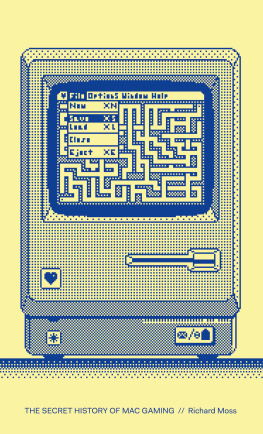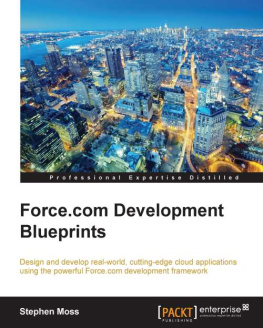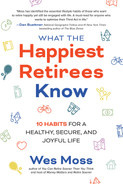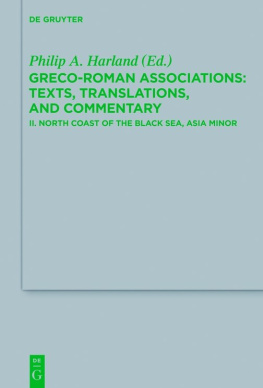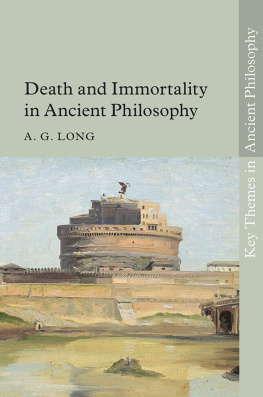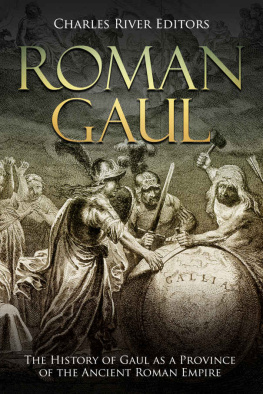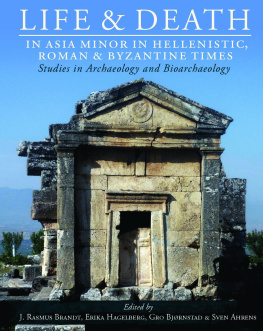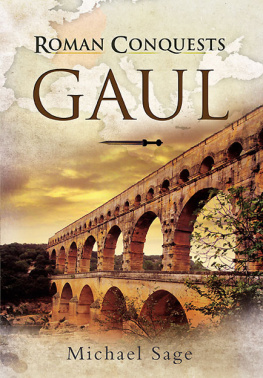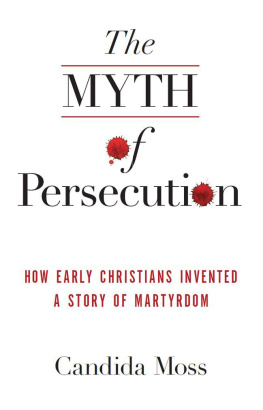Ancient Christian Martyrdom
The Anchor Yale Bible Reference Library is a project of international and interfaith scope in which Protestant, Catholic, and Jewish scholars from many countries contribute individual volumes. The project is not sponsored by any ecclesiastical organization and is not intended to reflect any particular theological doctrine.
The series is committed to producing volumes in the tradition established half a century ago by the founders of the Anchor Bible, William Foxwell Albright and David Noel Freedman. It aims to present the best contemporary scholarship in a way that is accessible not only to scholars but also to the educated nonspecialist. It is committed to work of sound philological and historical scholarship, supplemented by insight from modern methods, such as sociological and literary criticism.
John J. Collins
General Editor
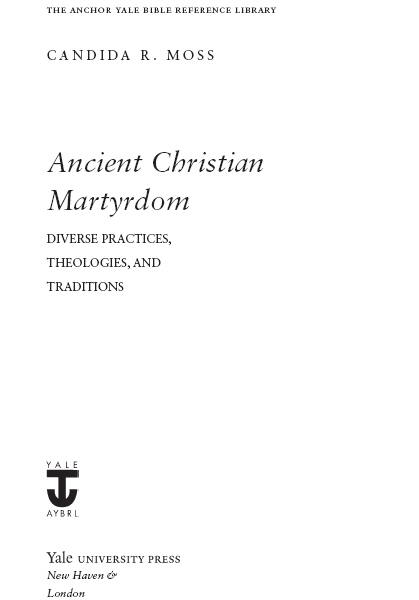
Published with assistance from the foundation established in memory of William McKean Brown.
Anchor Yale Bible and the Anchor Yale logo are registered trademarks of Yale University.
Copyright 2012 by Yale University.
All rights reserved.
This book may not be reproduced, in whole or in part, including illustrations, in any form (beyond that copying permitted by Sections 107 and 108 of the U.S. Copyright Law and except by reviewers for the public press), without written permission from the publishers.
Yale University Press books may be purchased in quantity for educational, business, or promotional use. For information, please e-mail sales.press@yale.edu (U.S. office) or sales@yaleup.co.uk (U.K. office).
Set in Sabon type by Westchester Book Group.
Printed in the United States of America.
Library of Congress Cataloging-in-Publication Data
Moss, Candida R.
Ancient Christian martyrdom : diverse practices, theologies, and traditions / Candida R. Moss.
p. cm.(The Anchor Yale Bible reference library)
Includes bibliographical references (p. ) and index.
ISBN 978-0-300-15465-8 (alk. paper)
1. MartyrdomChristianityHistory. 2. PersecutionHistoryEarly church, ca. 30600. 3. Church historyPrimitive and early church, ca. 30-600. I. Title.
BR1604.23.M67 2012
272'.1dc23
2011044938
A catalogue record for this book is available from the British Library.
This paper meets the requirements of ANSI/NISO NISO Z39.48-1992 (Permanence of Paper).
10 9 8 7 6 5 4 3 2 1
For Adela
Contents
I owe many debtsboth great and smallto institutions, friends, family, and colleagues who supported this project. John J. Collins, the editor of the Anchor Yale Bible series, invited me to write this book, and I am thankful to him for the opportunity to sharpen my ideas. I am similarly indebted to Jennifer Banks, of Yale University Press, who worked with me over the course of several years and saw the project to completion. The research for this book was supported by grants from the Institute for Scholarship in the Liberal Arts in the College of Arts and Letters at the University of Notre Dame and by the generosity of the National Endowment for the Humanities.
My editor, Bert Harrill, has gone above and beyond what could reasonably be expected of him. I am grateful for his careful and dedicated work, humbled by his vast knowledge, and inspired by his excellent scholarship. His careful eye has saved me from many mistakes, and I know that this book is greatly improved for his involvement in it. The two anonymous readers for Yale University Press made numerous suggestions for improvement that have proved most useful. Rona Johnston Gordon was a tower of strength when it came to editing the manuscript. My research assistant Mary Young checked numerous references with good humor and great efficiency, and the whole process would have fallen to pieces without Jessie Dolch, my copyeditor for Yale University Press.
Various sections of this book have been presented at conferences or in lecture form at the Humboldt University of Berlin, Chicago Divinity School, Duke University, University of Heidelberg, Kalamazoo College, the London Society for the Study of Religion, University of Kentucky, University of Manchester, Oxford Patristics Conference, University of Regensburg, Yale Divinity School, and various colloquia at the University of Notre Dame. I am grateful to the organizers, participants, and attendees of these events for their helpful suggestions and criticisms. Special thanks must go to Hans Dieter Betz, Elizabeth Clark, Kate Cooper, David Hunter, Hans-Josef Klauck, Margaret Mitchell, Tobias Nicklas, and Clare Woods. I am grateful to Jan Bremmer, Kate Cooper, David Eastman, Tom Heffernan, James Kelhoffer, Jennifer Wright Knust, Mikeal Haxby, Pamela Mullins Reaves, and Glenn Snyder for generously allowing me to read prepublication versions of their work.
The chapter on Carthaginian Christianity was forged during an exhausting, exhilarating, and eye-widening summer in Tunisia. I am indebted to my colleaguesCharlotte Allen, Sarah Byers, Cindy Cho, Jennifer Ebbeler, Stephanie Cobb, Kate Cooper, Kevin Gustafson, David Hunter, George Heffernan, Amalia Jiva, Katie Peters, Jo Shaya, Ken Steinhauser, and John Whitmirefor sharing their ideas and excitement and, above all, to Tom Heffernan for his tireless work organizing an unforgettable summer.
Martyrs and martyrdom literature encourage their audiences to form close, personal ties with the objects of their adoration. It is therefore with great generosity that my colleagues have shared their ideas and allowed me to trespass on their relationships with the saints. In particular, I am grateful to Jan Bremmer, Kate Cooper, Brad Gregory, Jan Willem van Henten, Blake Leyerle, and Michael Holmes, who have read drafts, answered questions, pressed me on my ideas, challenged me, and improved my work. In an act of great kindness Brad Gregory proofread the final copy of the manuscript. Jan Bremmer carefully read and corrected the entire final draft in a single whirlwind week. His helpful criticism, encouragement, and friendship have meant a great deal to me.
Since I arrived at the University of Notre Dame, my colleagues there have provided wise counsel, friendly advice, and an atmosphere of great collegiality. Steve Fallon, John Cavadini, and Matt Ashley have been exemplary chairs; and my colleagues in the Christianity and Judaism in Antiquity division of the theology department have been scholarly paradigms. I owe special debts to Mary Rose DAngelo, David Aune, Kathy Cummings, Blake Leyerle, and Greg Sterling. Outside of Notre Dame I remain grateful to a number of other colleagues and friends whose examples and friendships spur me to better things on a daily basis: Charlie Camosy, Lennard Davis, David Eastman, Meghan Henning, Luke Timothy Johnson, Christine Luckritz Marquis, Timothy Luckritz Marquis, Taylor Petrey, Clare Rothschild, Kristi Upson-Saia, Jeffrey Stackert, Jeremy Schipper, and Kenneth Wolfe.
Particular thanks must go to Joel Baden, my coauthor, comrade in arms, and amicable competitor, who diligently and supportively reads everything I write with less than his usual dose of sarcasm.
My husband, Kevin, read drafts of the manuscript and endured many months of academic widower-hood. I am thankful to him for his patience, his support, and the many unspoken things that he quietly does to improve my life.
This book is dedicated to Adela Yarbro Collins, my doctoral adviser, my mentor, and my friend. I am grateful to her for her instruction, her scholarship, and her kindness, for all of which she is well known. She both taught me a craft and graciously enabled me to develop my own scholarly identity. It is with great affection, and in the knowledge that it is the very least that I can do, that I dedicate this book to her now.
Next page

